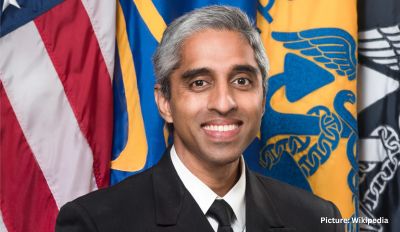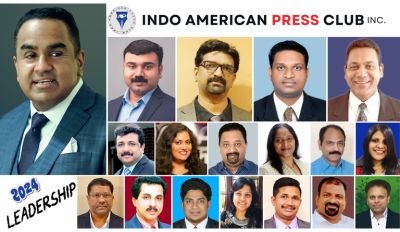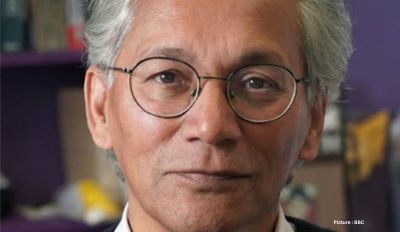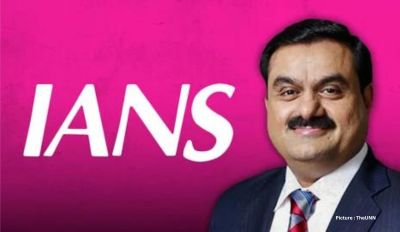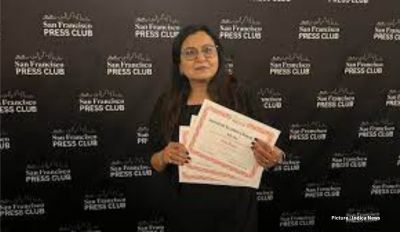Experts at the United Nations Office of the Human Rights Commissioner have said in a report that it is concerned that India’s Information Technology (Intermediary Guidelines and Digital Media Ethics Code) Rules, 2021, in their current form, do not conform with international human rights norms. The observations were made in Mandates of the Special Rapporteur on the promotion and protection of the right to freedom of opinion and expression; the Special Rapporteur on the rights to freedom of peaceful assembly and of association and the Special Rapporteur on the right to privacy.
The report is authored by Irene Khan, Special Rapporteur on the promotion and protection of the right to freedom of opinion and expression, Clement NyaletsossiVoule, Special Rapporteur on the rights to freedom of peaceful assembly and of association and Joseph Cannataci, Special Rapporteur on the right to privacy. “As noted in previous communications sent to your Excellency’s Government, we are concerned that these new rules come at a time of a global pandemic and of large-scale farmer protests in the country, where the enjoyment of the freedom of opinion and expression, including the right to receive information, and the right to privacy, is particularly important for the realization of several other civil, cultural, economic, political and social rights,” the report said.
“We would like to recall that restrictions to freedom of expression must never be invoked as a justification for the muzzling of any advocacy of multiparty democracy, democratic tenets and human rights,” the report said. The report said as a global leader in technology innovation, India has the potential to develop legislation that can place it at the forefront of efforts to protect digital rights. However, the substantially broadened scope of the Rules is likely to do just the opposite. “We would therefore encourage the Government to take all necessary steps to carry out a detailed review of the Rules and to consult with all relevant stakeholders, including civil society dealing with human rights, freedom of expression, privacy rights and digital rights”, the report said.
“We understand the new rules were issued under the Information Technology Act of 2000 and therefore, were not subject to parliamentary review or opened for consultation with stakeholders. We believe such consultations with relevant stakeholders are essential in order to ensure the final text is compatible with India’s international legal obligations, in particular with Articles 17 and 19 of the ICCPR,” it added. This observation along with India’s comment will also subsequently be made available in the usual report to be presented to the Human Rights Council, it added. Meanwhile India vigorously defended the much-debated IT Rules following critical comments by the UN special rapporteurs that certain aspects of the newly introduced regulation fall afoul of international human rights.
India’s Permanent Mission to the UN said: “The concern that the rules may be misused deliberately to make a large number of complaints so as to overwhelm the grievance redressal mechanisms created by social media platforms is misplaced, exaggerated and disingenuous and shows lack of willingness to address grievances of the users of these media platforms while using their data to earn revenues.” “The concerns alleging potential implications for freedom of expression that the new IT rules will entail is highly misplaced. India’s democratic credentials are well recognized. The right to freedom of speech and expression is guaranteed under the Indian Constitution. The independent judiciary and a robust media are part of India’s democratic structure.”
The Special Rapporteurs of the United Nations, in a letter to the union government last week, had raised concerns on certain aspects of the Rules. “We are seriously concerned that Section 4 may compromise the right to privacy of every Internet user. We are notably concerned by the ability of executive authorities to issue orders to access to user data and restrict content, which seems to take place outside of any judicial oversight mechanism that would hold authorities accountable.” On Part 3 of the Rules on digital media: “We are seriously concerned that such broad powers given to the executive authorities, without judicial review, is likely to unduly restrict the free flow of information, which is protected by Article 19 (2) of the ICCPR [International Covenant on Civil and Political rights].”


